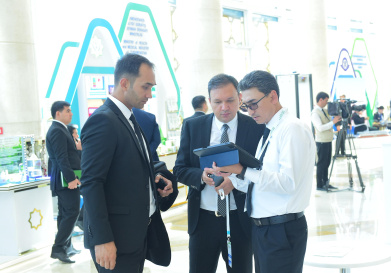How to avoid headaches during fasting — doctor's advice
27.03.2023 | 09:59 |Muslims have begun the holy month of Ramadan, which means the beginning of Lent. Headache is the main symptom for many fasting people, especially in the first days. This can be caused by a sudden change in eating habits and sleep patterns, a reduction in fluid intake.
Doctors share tips on how to avoid headaches during fasting.
As Dr. Yousef Al Tayeb, senior consultant for emergency medical care at Hamad Corporation in Qatar, notes, some people may have a headache before Iftar, others after it. And for everyone, it differs in the level of intensity.
According to him, headaches often occur before iftar due to a lack of glucose in the blood and its level is below normal. After all, glucose is an important source of energy in the body.
Some may feel a headache after iftar, which is associated with an overflow of the stomach. This, in turn, puts pressure on the diaphragm, thereby impeding the respiratory process and causing the fasting person shortness of breath, fatigue and headache.
In this regard, Dr. Youssef Al Tayeb shares important tips on how to avoid headaches during the holy month. Here are some of them:
— do not skip suhur - the morning meal in the month of Ramadan;
— eat healthy and full-fledged food on suhur, which provides the body with energy throughout the entire period of fasting. It is desirable that the diet be made up of slowly digested foods such as cereals, legumes, vegetables, fruits;
— adjust your sleep hours during Ramadan;
— avoid sleeping late;
— be sure to take a nap during the day;
— drink a large amount of liquid to maintain the body's water balance — about 3 liters from iftar to suhur;
— eat healthy and full-fledged food on iftar to provide the body with the necessary vitamins and minerals;
— stay in cold places during the day and avoid being in the sun or in hot places if possible;
— reduce the time spent in front of electronic screens.
Dr. Al Tayeb also emphasizes the need to refrain from drinking caffeinated beverages and taking regular medications, especially for patients with chronic diseases and hypertension.
ORIENT news











